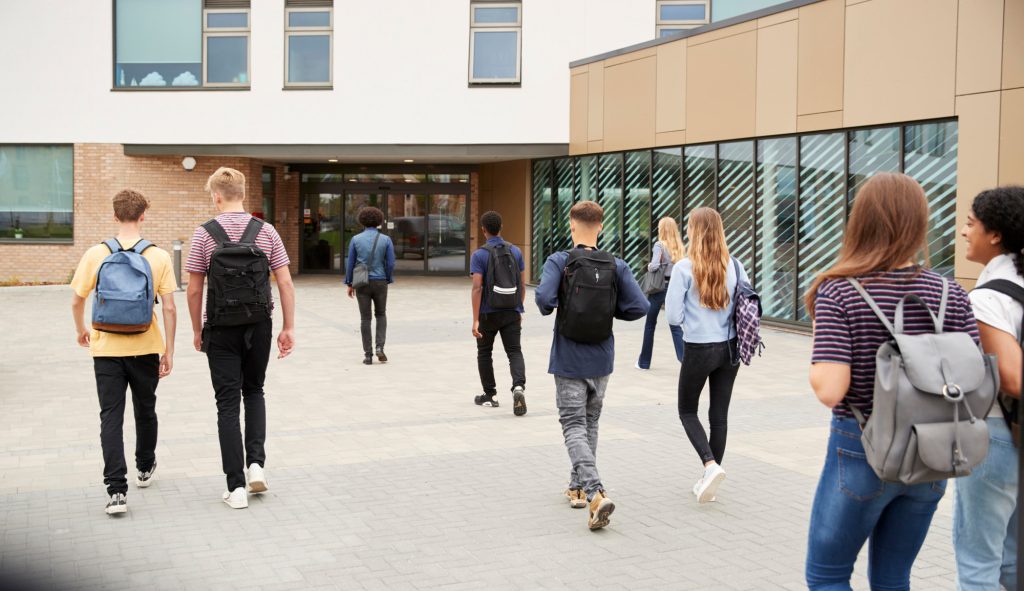
Enhancing the inclusion of immigrant children and young people in education
With 3 million euros worth of funding, the NEW ABC project comprises 13 partners from 9 different countries that share multidisciplinary knowledge and experience, in particular in the areas of education, psychological development, and the social inclusion of young people from an immigrant background.
The NEW ABC project, funded to the tune of 3 million euros by the European Commission within the Horizon 2020 programme, and led by Alma Mater Studiorum – University of Bologna (Italy), is committed to developing nine innovation actions in nine EU countries aimed at enhancing the inclusion of refugee and migrant children and young people into host societies through education. The project builds on the expertise of the consortium, which includes 13 partners specialised in various disciplines such as education, art, gender studies, interpretation and translation studies, journalism, law, psychology, linguistics, migration, multilingual education, sociolinguistics or sociology.
The recent wave of large-scale immigrant influxes into many European Member States has increased the challenges posed by the integration of immigrants in the host countries (European Commission, 2016). According to data by UNICEF (2016), 5.4 million child migrants, approximately one in six of the world’s migrants below the age of 18, lives in Europe. “In this context, education systems are facing multiple challenges due to increasing cultural, linguistic and ethnic diversity and socio-economic inequalities. NEW ABC will make its contribution through education because we believe it is a key element in successful inclusion in all spheres and dimensions of migrants’ lives,” said Rachele Antonini, Associate Professor in Interpreting and Translation at the University of Bologna and the project coordinator of NEW ABC.
Top-down policies and the poor incorporation of children and young people’s voices and capacities for the agency have meant that immigrant children and young people have been largely absent at worst, or included in tokenistic ways, at best. NEW ABC is committed to a sustainable and innovative change in mainstream education that enables and empowers all stakeholders to become the real actors of change, rather than just recommending policies. Therefore, NEW ABC co-created pilot actions are multidimensional and involve diverse groups of stakeholders. Children and youth (migrant and non-migrant students, unaccompanied minors, young asylum-seekers and refugees) will be involved as active participants in all actions. These actions include the participation of schools and teachers, local CSOs, NGOs, teaching and intercultural centres, community and families and will develop school and out-of-school formal, informal and non-formal learning resources.
Apart from co-creating and implementing new good practices, some existing good practices that have proven to be effective in a particular country will also be adopted. Each pilot scheme represents a response to locally identified needs determined by specific linguistic, cultural, social, emotional and challenges that children and youth face when they access the educational system or are left out of it. By adopting these practices, the aim is to achieve more effective local, national and international policy-making in education and inclusion. “NEW ABC’s ambition is to transform the voices of diverse stakeholders into viable solutions and bring these solutions to the attention of the people and institutions that are responsible for policy and decision making in the field of education,” concluded Antonini.
See the entire press release in different languages:
Share on Facebook Share on Twitter Share on Pinterest